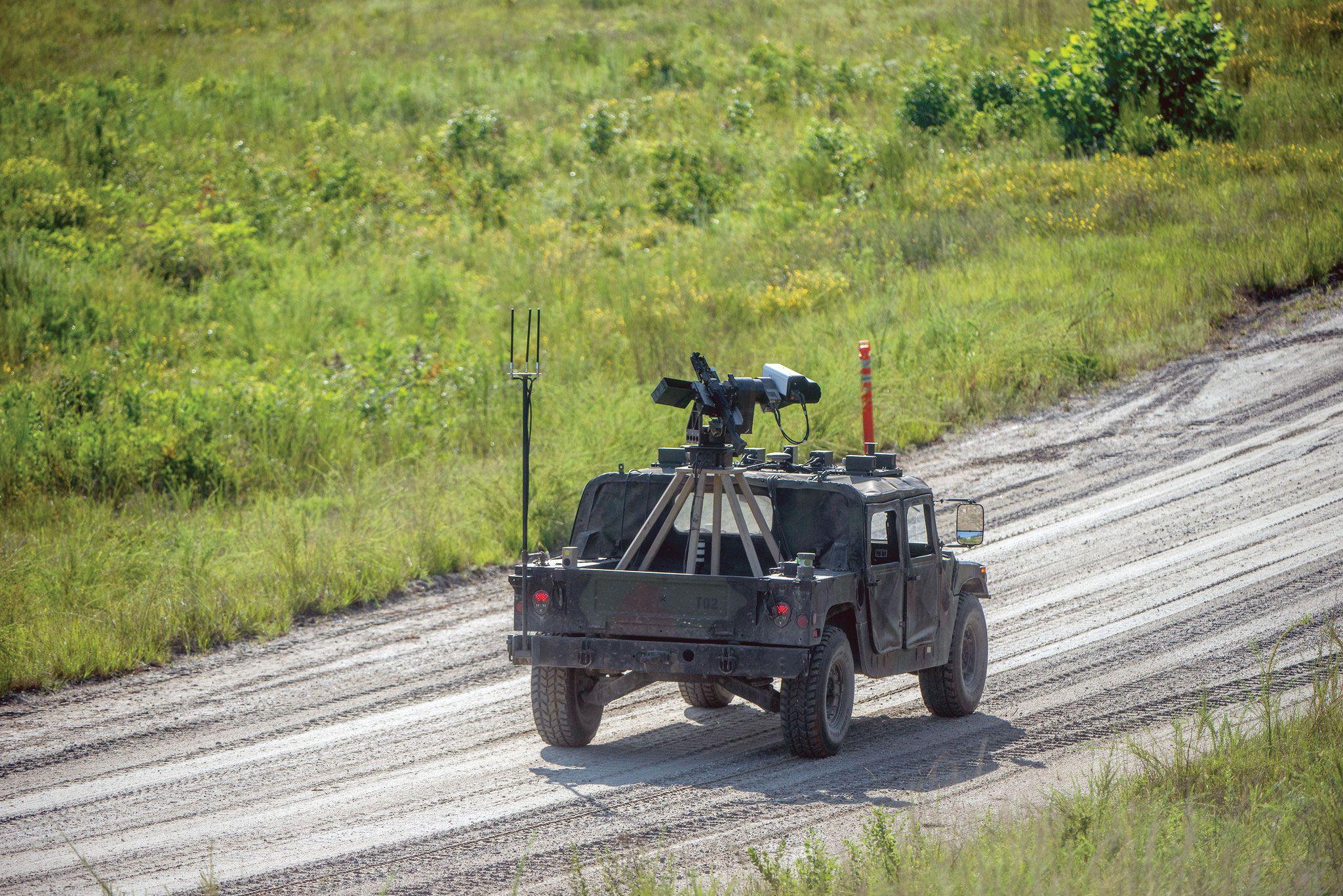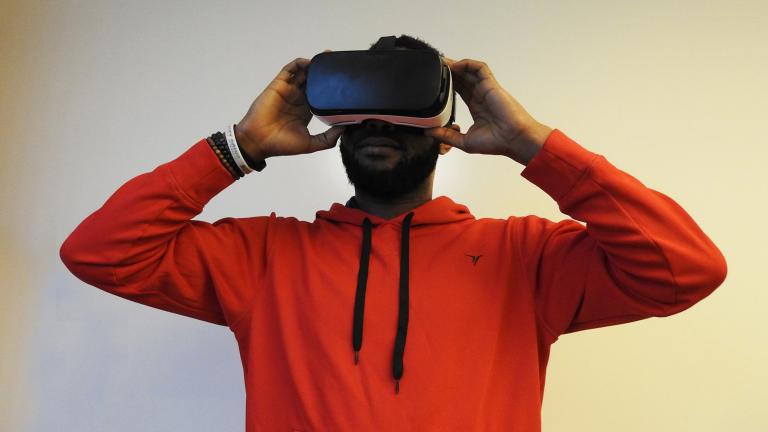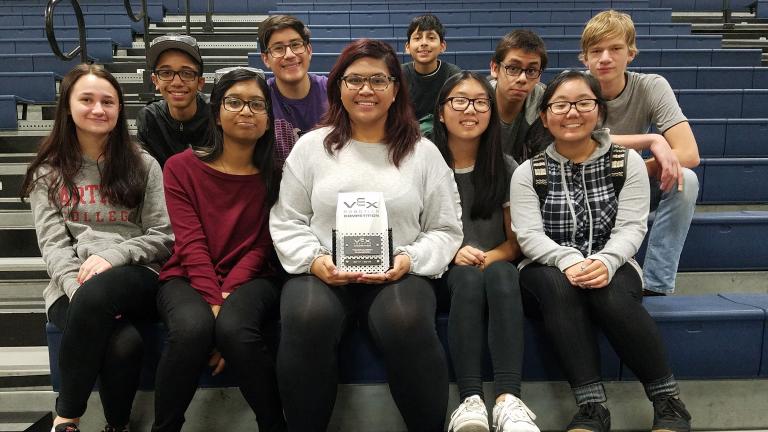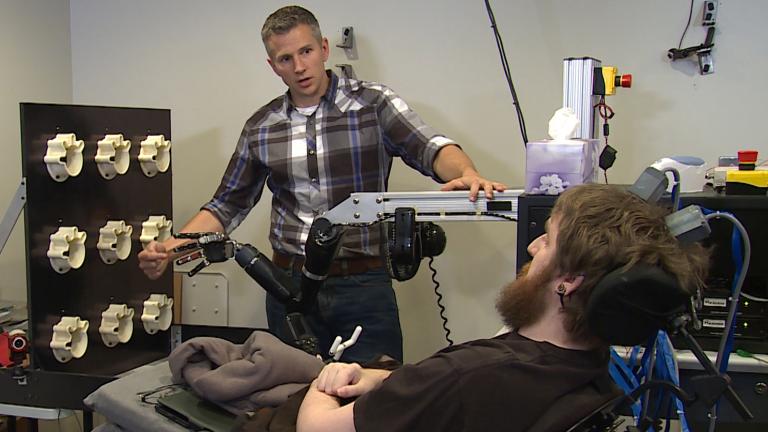Artificial intelligence research has been around for more than half a century, but only in recent years have we seen developments in AI technology that might bring sci-fi film plotlines to life.
Merriam-Webster defines AI as “a branch of computer science dealing with the simulation of intelligent behavior in computers” and “the capability of a machine to imitate intelligent human behavior.”
Today, the more benign uses of AI include software that scans thousands of job applicant resumes in minutes – saving recruiters countless hours of manual screening – and AI algorithms that review patient X-rays and CT scans to highlight potential findings for radiologists.
But even the beneficial aspects of AI – increased efficiency and accuracy – portend an increasingly automated job market in which some workers will continue to see their positions replaced by machines.
Some of the more nefarious applications of AI have been the stuff of Hollywood movies for years – like the prospect of widespread death and destruction caused by unmanned autonomous weapons designed to make lethal decisions.
Renowned physicist Stephen Hawking and SpaceX CEO Elon Musk have publicly warned of the disproportionate harm these weapons could inflict. The Campaign to Stop Killer Robots, a coalition of nongovernmental organizations launched 5 years ago, advocates for an international ban on them.
But those concerns haven’t stopped the U.S. Army from developing “Wingman,” an autonomous combat vehicle that uses cameras and sensors but requires a soldier to pull the trigger.
 Wingman (Courtesy U.S. Army)
Wingman (Courtesy U.S. Army)
Even some seemingly novel AI applications have troubling possibilities. Lyrebird, for example, uses AI software and a 60-second audio sample to recreate a person’s voice and apply emotions like anger and empathy to it. While the technology could give voice to people who’ve lost the ability to speak, it also opens the door to highly effective phishing scams and plausible “fake news” material (for example, a synthetic recording of President Donald Trump waging war on North Korea is posted to social media).
Unlike distant and dystopian AI fears expressed 50 years ago in films like “2001: A Space Odyssey,” the computational power required to realize some of the most impressive – and perhaps disconcerting – AI developments are here today or just around the corner.
University of Chicago computer science professor Ben Zhao joins Chicago Tonight to discuss artificial intelligence and the dangers posed by new AI developments.
Follow Evan Garcia on Twitter: @EvanRGarcia
Related stories:
 Virtual Reality and the Future of Journalism
Virtual Reality and the Future of Journalism
Feb. 27: Virtual reality is taking journalism and storytelling to a new level. We explore the technology with filmmaker Barbara Allen – and discuss whether audiences are ready for immersive experiences.
 Von Steuben Robotics Team Leads the Way for Girls in Science
Von Steuben Robotics Team Leads the Way for Girls in Science
Feb. 14: Meet the team from Von Steuben High School that’s on its way to the prestigious U.S. Open Robotics Championship.
 Paralyzed Man Regains Sense of Touch with Robotic Arm
Paralyzed Man Regains Sense of Touch with Robotic Arm
Oct. 18, 2016: A paralyzed man is able to experience the sense of touch through the use of a robotic arm controlled by his brain. The breakthrough was made possible, in part, by years of research by a University of Chicago professor.








